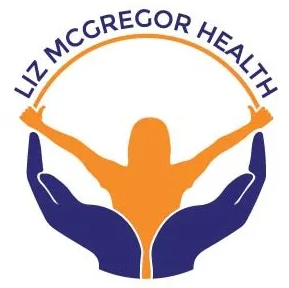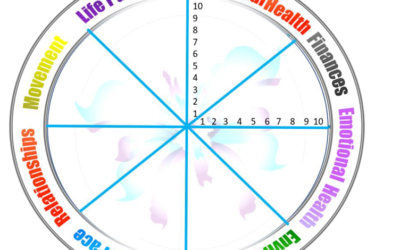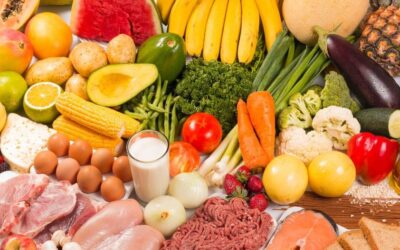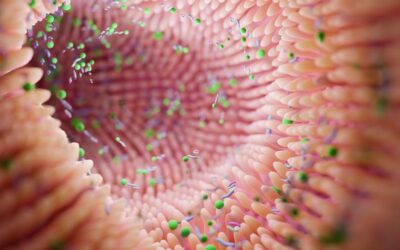Heart disease is the number one killer – but it doesn’t have to be. People have reversed their heart disease, even when very ill.
So, how about you? Can you help your heart health? Absolutely. Start today.
Here’s something nobody told you – your heart’s best friend may be ordinary vitamin C. Blood vessels are held together with collagen, and vitamin C makes good collagen, keeping vessels healthy, strong and flexible.
Why do your arteries fur up and harden? Oxidation and the resulting inflammatory repair response. Oxygen “free radicals” damage your cells, like internal rust. Vitamin C is an antioxidant. With enough vitamins C, E and other antioxidants found in whole foods, your arteries can quench oxidation and mend themselves beautifully.
But what if you don’t eat enough antioxidants? Your body needs a back-up plan, or you will spring a leak almost anywhere. Where especially? In your blood vessels that stretch, bend and change pressure the most – your coronary arteries that supply your heart.
First, your immune system sends in the necessary oxidation repair team. White blood cells dive deep into the stressed blood vessel walls, gobble up the oxidised damage and stay there. They make a strong sticking plaster of fibres, cholesterol and calcium on top – a plaque. High blood glucose makes this inflammation more widespread.
If oxidation continues, the plaques grows thicker. The vessels narrow and stiffen.
Turbulence, high blood pressure and more inflammation can weaken the top of a plaque so it might burst, releasing the fatty material inside, causing clots and a heart attack, pulmonary embolism or stroke.
Inflammation is your immune system at work. Beware, it’s already busy throughout your blood vessels.
How to help your heart?
Eat real, whole, fresh food, based mainly on colourful vegetables. Most plants are rich in antioxidants – vegetables, nuts, seeds, fruits, beans, herbs, spices and whole grains. Eat oily fish, fermented foods, some meat, poultry and eggs a couple of times a week. A little cheese and yoghurt if you don’t react to dairy. Use olive oil freely.
Ditch the junk food, such as sugary, processed foods, high carbohydrate foods, processed vegetable oils, sweet drinks and juices.
Exercise can be as effective as many medications. Find something you like; start gently, but start.
Love, laughter, meditation, compassion and connection can motivate you and help you to heal your broken heart, physically and emotionally.





